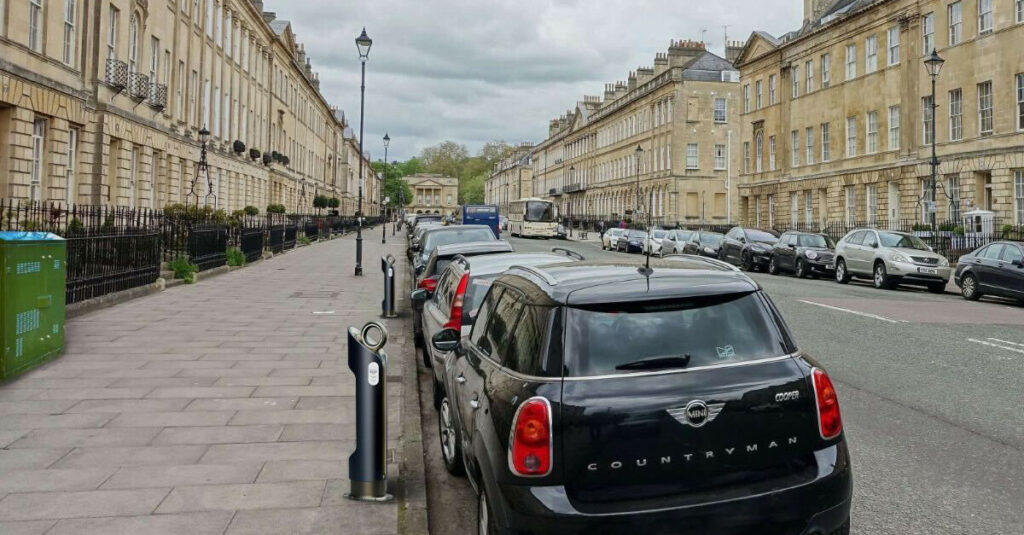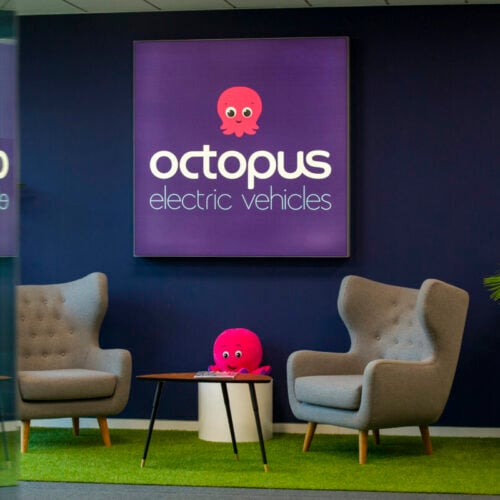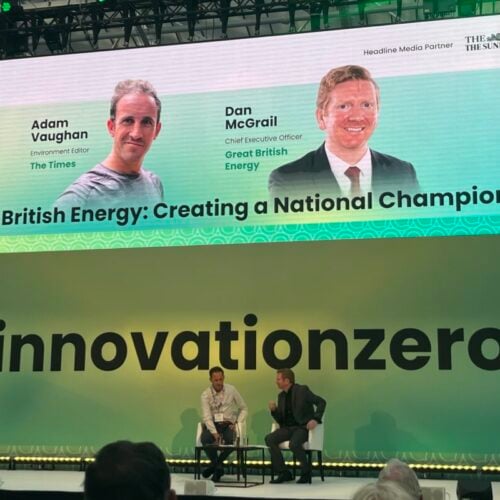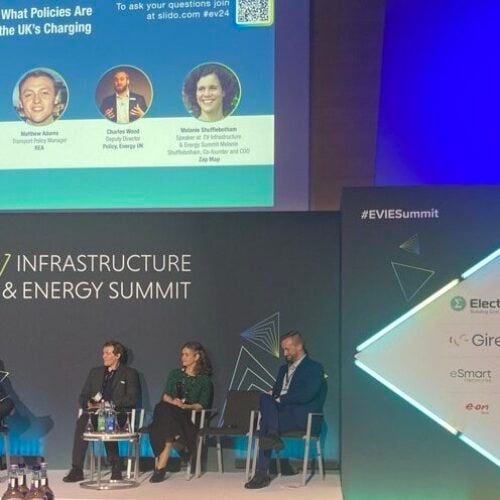The Association for Renewable Energy and Clean Technology (REA) has called for a legislative mandate securing the growth of accessible electric vehicle (EV) charging infrastructure.
Baroness Jenny Randerson is backing companies such as ChargeSafe, Motability Foundation and RECHARGE UK in calling for UK government action.
Randerson highlighted the importance of providing accessible charging infrastructure for EV users after attending a meeting of the All-Party Parliamentary Group (APPG) on EVs specifically.
She spoke about providing an inclusive experience for people with accessibility needs and the mandating of BSI PAS 1899:2022 – a British specification giving designers, procurers, and installers essential specifications on how to provide accessible public chargepoints for EVs.
This UK specification, co-sponsored by the Motability Foundation and government, is voluntary unless referred to in legislation, so at present, chargepoint providers, landowners and land administrators are under no legal obligation to conform with PAS 1899.
Randerson, calling for urgent government action to address the issue, said: “We urgently need a government-led strategic plan with incentives to encourage good practice and to ensure that EV charging “deserts” get sufficient investment to encourage people to buy EVs wherever they live. It’s a chicken and egg thing.
“I would back mandating PAS 1899:2022 because the current guidance is ineffective. Once we have lots of examples of good practice, it will be easier for others to understand and copy.”
Matthew Adams, transport policy manager for the REA, said: “Now is the opportunity to safeguard the disabled, elderly and vulnerable and ensure our charging sites are accessible for all and safe to use.
“This is a once in several-generations opportunity, and at the moment, we are wasting it. Petrol forecourts have never been accessible, but charging sites, particularly as most are unmanned, need to be.
He added: “As the secretariat for the EV APPG, it is our pleasure and privilege to continue to provide educational sessions to politicians to ensure they are aware of a number of important issues from across the EV sector.”
‘Unreliable’ charging infrastructure
RECHARGE UK, the EV arm of the REA, who raised this issue within the organisation, is not the first group to flag the holes that exist in the UK’s EV charging infrastructure.
For example, EV charging solutions company Manta Ray EV’s 2024 EV Driver Study revealed that 43% of respondents said public chargers are unreliable, and 64% of respondents would not queue at a public charger but would instead look for another.
However, there have been several attempts from different firms to help aid the system, including UK Power Networks (UKPN), which released an open-source power cut software earlier this month.
The new technology, called Powercast, allows customers in London, the southeast, and the east of England to acquire more reliable information about whether an EV charger could be out of service due to a power outage when using their charging apps.
Users are notified of planned or unplanned power outages, changes to scheduled electricity works, and estimated times for power restoration, as well as confirmation when power is restored, helping them plan their charging around any interruptions in service.
This follows the company’s successful trial of Powercast, which was completed in partnership with ev.energy, and UKPN is now encouraging other UK EV charging suppliers to use the software as well.
Moreover, Swedish automaker Volvo Cars has partnered with Breathe Battery Technologies to use its charging software, which reduces charging time, on Volvo’s electric trucks.
The car manufacturer estimates the software will reduce customer charging time by up to 30% while maintaining the same energy density and range.
The charging time improvements will also last across the full battery life cycle without impacting its health status.
According to Volvo Cars, the software uses algorithms to manage the charging process in line with the battery’s health to deliver the best driver experience while avoiding the risk of lithium plating, which can harm the battery’s performance and lifespan.






